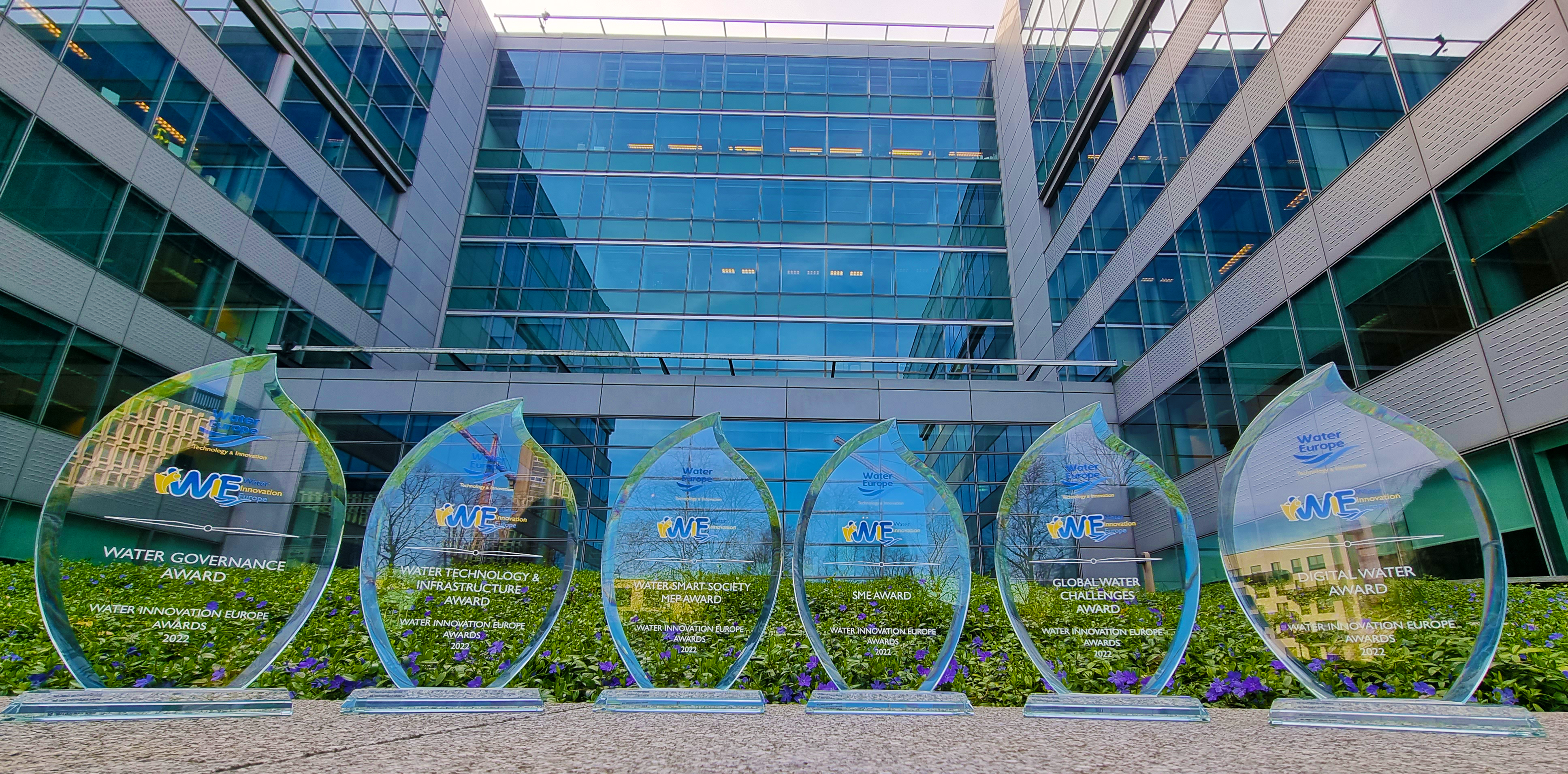The value of water – if hidden, it will be overlooked
by Gonzalo Delacámara
 Whatever choice in life is based on our perception of the value of things, experiences, and expectations. Whether something is taken, somewhat downplayed or completely overlooked is often the result of the value we assign to it.
Whatever choice in life is based on our perception of the value of things, experiences, and expectations. Whether something is taken, somewhat downplayed or completely overlooked is often the result of the value we assign to it.
Unlike common wisdom, almost everything about water remains unknown. Urban users tend to ignore how much water they consume, most upstream activities before water reaches their tap (notably water withdrawal in the catchment), what happens once wastewater is flushed down the toilet, let alone what an aquifer is or whether water infrastructures are properly maintained and replaced… Barely all that is invisible to them. Other water users (farmers, manufacturing companies, hydropower operators, etc.) may be more aware of the actual impact water has as a critical input for their production processes but it is very likely that, even in that case, they ignore the outcomes on aquatic ecosystems of their production and consumption patterns, the reason why we refer to these as external impacts (either benefits or costs).
There is, however, a clear misconception about the value of water itself, as if it were possible to decide on whether to value it or not. Every individual or collective decision we make about water is implicitly based on values, both on the use of water (both consumptive and not) or its non-use. Ascertaining the value of water is very much about deciding whether to make it explicit.
The WssTP is firmly convinced of the need to raise the profile of water discussions, acknowledging that water resources are critical for social and economic development even where it is a relatively abundant asset, as it is the case in most northern European countries. Water management is connected to social cohesion, spatial development, geo-location of economic activities, macroeconomic performance, social equity, sustainability of development patterns, competitiveness, circular economy, food security, power generation and other energy conversion activities, public health, biodiversity conservation, climate change adaptation… Within the context of least developed countries, water is also connected to opportunities for a meaningful life, gender equity, poverty alleviation, mass migration and flows of refugees, geopolitical conflicts, all, in turn, having serious long-term implications beyond Europe and in Europe.
Water policy challenges range from structural scarcity and drought risk management to flood and flood risk management, going through water quality enhancement and the conservation of biological diversity and the delivery of aquatic ecosystem services. Nowadays, though, all this happens within the imperative of climate change adaptation, a clear opportunity for social and economic development. Climate change magnifies pre-existing challenges, increasing the frequency and intensity of drought and flood events as well as the level of uncertainty. All in all, this provides a unique opportunity, a generational one, to commit to the challenge of greenhouse gas mitigation and adaptation.
In a market economy, economic values of water, sometimes defined by its price, serve as a guide to allocate water amongst alternative (and competing) uses, diverting water into uses in which they yield the greatest economic return. This view, though, is quite limited and shortsighted. Albeit critical, the monetary valuation of water and the identification of the value and the market price of water can be misleading if not adequately understood and explained. If it held true that the economic value of water is measured by its market price, this would entail that only marketed water can have an economic value. Yet, there are clear public-good management situations around water as well as many cultural perceptions that should not be dealt with from economic analysis. The economic value is different than the price, prices do not in general measure the economic value and a number of things with no market price may still have a positive economic value since they nevertheless contribute to human well-being.

The value of water is one of the four key components of the WssTP’s Vision. Understanding and eliciting that value is, therefore, one of the crosscutting, strategic priorities of the Platform, and one leading to a water smarter economy, to foster water use efficiency, reclaimed wastewater reuse, more equitable and efficient allocation, and further sustainability of production and consumption patterns Europe wide. Needless to say that this also entails the recognition of the value in water, linked to nutrients, minerals, metals and other energy and material flows embedded in wastewater effluents.
The value of water goes well beyond the contribution of the water and sanitation sector to GDP, employment, and competitiveness. Water resources management is critical for agriculture, mining and other extractive activities, manufacturing, tourism and other recreational activities, and energy conversion… As above, this is just one dimension of the value of water, in which water is recognised as a critical input for all those economic activities if an important one.
The new WssTP Cluster on the value of water aims at showing the role water plays in our society and our economy, contributing to an enhanced understanding of that value, conveying that value within and outside the water community – hence highlighting the critical interlinkages between water and social and economic development, and estimating when and how it is needed those values in an explicit way so as to inform corporate decision making, social awareness, and policy making.
The Cluster will not only contribute to the implementation of the WssTP Water Vision 2030 but also to a wider work stream that is connected to worldwide initiatives such as the Valuing Water Initiative of the Joint World Bank – United Nations High Level Panel of Water, launched on November 30th, 2016, that has presented the results of its regional consultation at the recent World Water Forum 2018 (Brasilia). This includes the so-called Bellagio principles: recognising water’s multiple values, building trust, protecting water sources, educating to empower, investing and innovating.
As part of the work in the Cluster, we will contribute to understanding the value of water, to measure that value for different uses and users, integrating the value of water in improved decision making at different levels, and overall enhancing water governance.
Valuing water should change our mindset when approaching water and its management. If its value remains hidden and implied not only will we face significant challenges but we will also miss a great opportunity.
Gonzalo Delacámara



